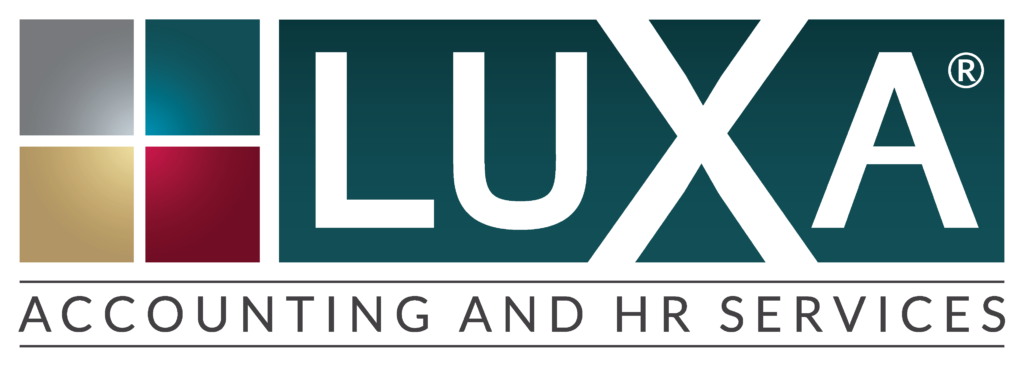
There’s no question that running a small business is a full-time job. As a business owner, you have a lot on your plate, and need to prioritize your efforts to accomplish the most in the shortest amount of time possible.
With so much work to be done, it can be tempting to leave accounting tasks on the backburner, especially if they don’t seem to be all that urgent.
Nevertheless, there are certain bookkeeping duties that should be performed on a daily basis in order to keep your business running smoothly, and to detect errors and discrepancies early on.
The following information lists 8 important daily bookkeeping tasks, and why each one should ideally be completed every day.
1. Update Your Financial Data
Businesses with automated accounting software typically don’t have a problem with refreshing financial information at the start of each day.
Many programs will automatically sync up with bank and credit card feeds, as well as transactional data from your point of sale system.
On the other hand, if you don’t have such automated capabilities, then you should refresh your financial data manually. Why is this important?
Primarily because you always want to have the most up-to-date view of your accounts as you conduct business operations. You want to have an accurate idea of your company’s cash flow.
2. Record Payments, Make Deposits
Without making timely deposits on received invoices, your company’s cash flow will quickly get “out of alignment,” and it will be harder to keep your business account records up-to-date.
The way your typical customer pays you will largely inform your approach to this bookkeeping task. If the majority of your payments are cash or paper check, then it’s wise to ensure that you or a trusted employee make daily trips to the bank.
On the other hand, if most payments are electronic and you only receive a handful of paper checks per day, then perhaps a mobile deposit option from your bank can save you that extra time taken up by in-person deposits.
3. Record and Classify Expenses
If you save this task for the end of the month, then you’ll likely have to sort through an unwieldy stack of receipts, and spend hours recording and categorizing which expense goes where.
In contrast, breaking this task up into smaller chunks on a daily basis can save you a lot of hassle at month’s end.
Some accounting programs even allow you to report expenses and upload receipts via your phone’s camera app, making this task that much easier.
4. Record Received Inventory
This is an especially important daily task for retailers to perform in a timely manner, since failure to do so could mean the difference between a satisfied customer and a lost sale.
Your employees need to have an accurate inventory count in order to be effective salespersons; and in some cases your POS system may not allow a sale to process if it is not programmed for negative inventory counts.
In order to keep your daily business operations flowing smoothly, on-point inventory counts are essential.
5. Provide Invoices for Your Customers
As a business owner, you want to get paid on time for the products/services that you provide.
Conversely, your customers no doubt appreciate it when you give them their bill in a timely manner; on the same day, if feasible.
No one wants to forget about an outstanding bill, only to have it resurface weeks or months later, at the most inconvenient time.
Moreover, it makes sound business sense for you to invoice your customers as soon as possible.
If there are questions or concerns about the bill, then it’s much easier to talk about them with the transaction fresh in mind.
In addition, research has shown that you are 1.5 times more likely to get paid if you provide a same-day invoice to your customers.
6. Pay, or Schedule to Pay, Your Suppliers
If your company relies on the services of several vendors, then it can be all too easy to let an outstanding invoice slip through the cracks.
Then you’ll be stuck with an unnecessary late fee.
On the other hand, if you promptly review invoices for errors and pay your vendors on the same day (if at all possible), then you’ll not only avoid costly late fees, but may even be able to take advantage of discounts for early payment.
At the very least, schedule your vendor payments as soon as you receive their bills, and then follow through at the designated time.
7. Reconcile Cash Against Receipts
If you leave this task for the end of the week (or worse, the end of the month), then it will be that much harder to identify discrepancies, errors, and even theft.
Reconciling your cash to your receipts at the end of each business day allows you to quickly identify shortages, and can save you time, money, and loads of unnecessary stress in the long run.
8. Review and Reconcile Transactions
While some businesses must wait for their monthly bank statement to handle this accounting task, other companies use synchronized accounting software that allows managers to quickly review and approve transactions.
If you have the capability to do so, then spending just a few minutes each day on this task can save you from an arduous undertaking at the end of the month. In addition, you can get a head start on investigating any issues that are uncovered.
Taken together, these 8 daily bookkeeping tasks may seem daunting for a business owner hard-pressed for time. Nevertheless, giving attention to these important activities will help your business to operate in a more streamlined manner, and can even help you to increase your company’s profitability.
If you need assistance in the daily performance of these tasks, then a outsourced bookkeeping firm may be the perfect solution for you. At LUXA Enterprises, we offer professional, high quality accounting services at reasonable rates. If you’d like to learn more, contact us today.


